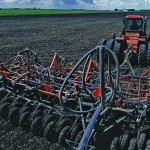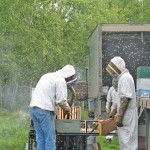Jeff Rubin, the former chief economist for CIBC World Markets turned bestselling author, knows all about adaptation. His first book, Why Your World Is About To Get A Whole Lot Smaller grabbed international attention with predictions that world oil prices would climb to more than $200 a barrel by 2012, forcing a rethink of almost








